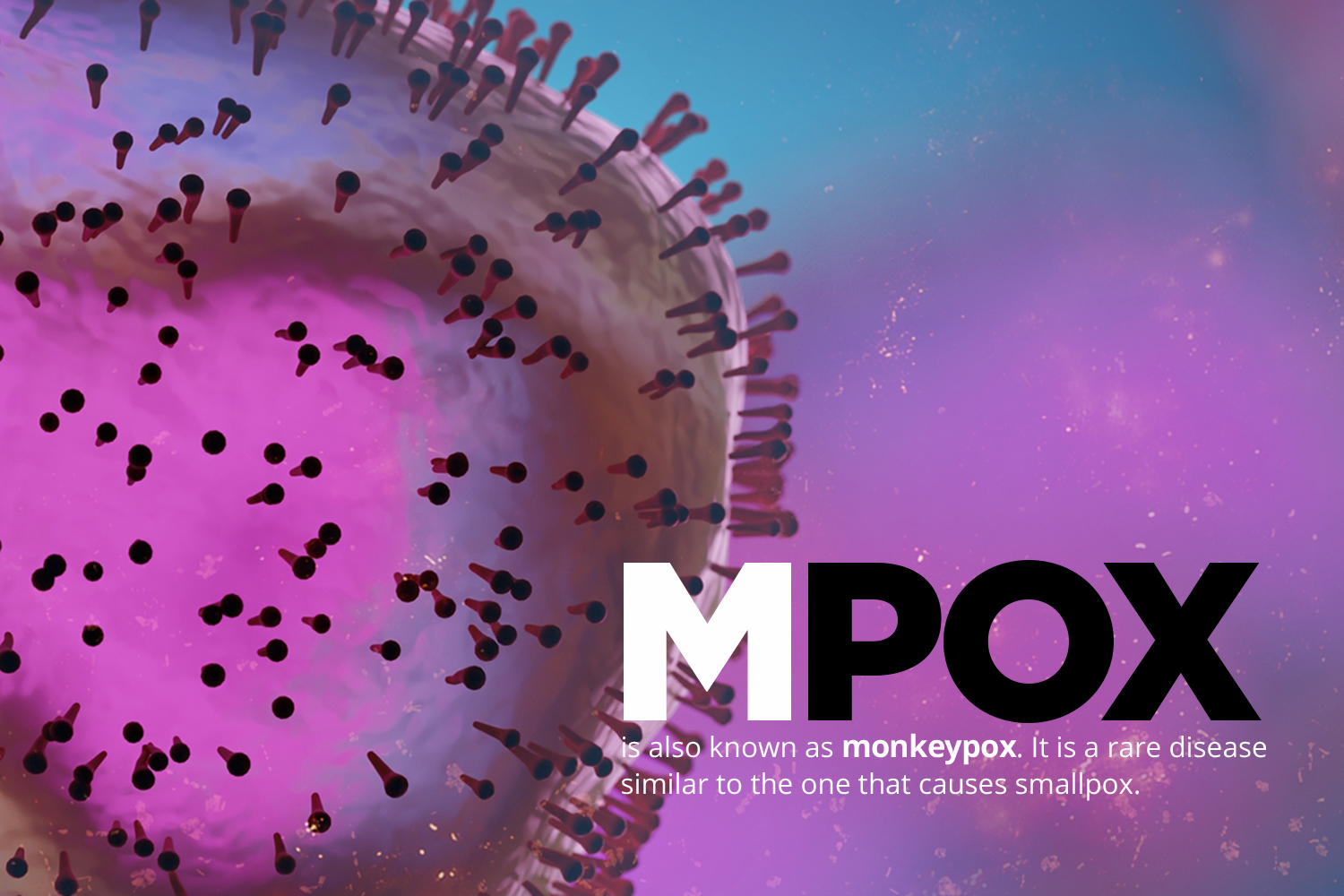You may want to get vaccinated if you might have already been exposed to mpox:
- If you’ve been in close contact with someone who has mpox.
- If one of your sex partners in the past 2 weeks has been diagnosed with mpox.
- If you are a man that has sex with other men or are transgender or non-binary and have had sex with multiple partners or at a commercial sex venue or at an event where monkeypox transmission is occurring.
You may want to get vaccinated if you might be exposed to mpox in the future:
- If you are a man that has sex with other men, are transgender or non-binary, and in the past 6 months have had sex with multiple partners or have been diagnosed with an STI or HIV
- If in the past 6 months you have had sex at a commercial sex venue (e.g. bath house) or sex at an event or venue where mpox transmission is occurring.
- If these scenarios apply to your sex partners, or if you foresee any of these things happening in the future, you may want to consider vaccination as well.
To find out where to get vaccinated, talk to your healthcare provider or contact your local health department.

